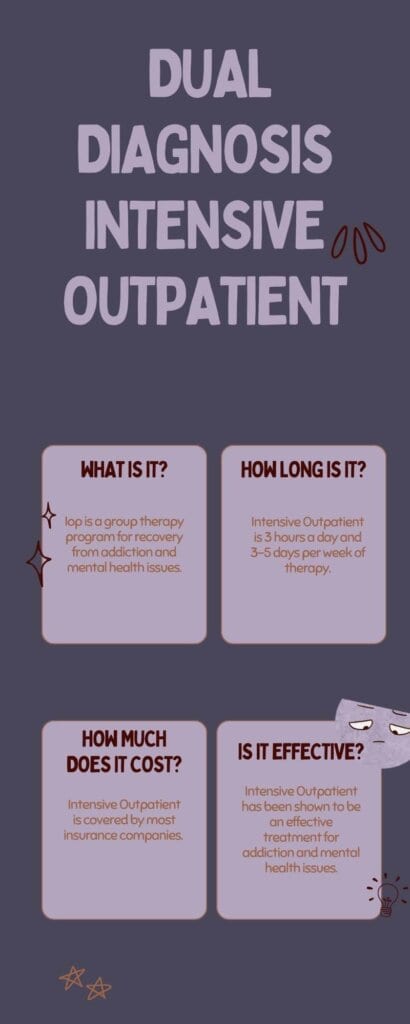Transitional Housing After Intensive Outpatient Boston
Regarding addiction recovery, intensive outpatient program Boston has proven effective in helping individuals regain control over their lives. These programs offer structured support, outpatient counseling, and therapy that are instrumental in the early stages of recovery.
However, the journey to lasting recovery doesn’t end with completing an IOP. Transitional housing after Intensive Outpatient ensures individuals have a stable and supportive environment as they continue their recovery journey.
In this article, we will discuss why transitional housing is a crucial step after intensive outpatient programs Boston.
Drug Abuse – A Brief History
The number of opioid-related overdose deaths in Boston increased by 12% in 2021, highlighting the urgent need for comprehensive addiction treatment and support systems.
Transitional Housing In An Intensive Outpatient Program Boston – Benefits
Transitional housing serves as a bridge between the structure of an IOP and independent living. It offers a safe and supportive environment for individuals in early recovery, with several significant benefits:
Stability and Accountability in Transitional Housing
Transitional housing provides a stable living situation that minimizes triggers and temptations to use substances. Residents are held accountable for their actions and must adhere to house rules and maintain sobriety.
Peer Support Intensive Outpatient and Transitional Housing
Living in a transitional house often means sharing a space with others also recovering. This creates a supportive and understanding community that helps individuals stay on track and work towards common goals.
Reintegration into Society
People living in transitional housing can progressively reintegrate into society. Even with the support and guidance of the house, they can look for work, establish financial stability, and focus on repairing relationships with friends and family.
Continued Treatment
Numerous programs for transitional housing provide access to ongoing therapy, counseling, and support group meetings. This guarantees that people receive the ongoing assistance they require to manage their early recovery.
Preventing Relapse
The structured environment, regular drug testing, and a strict no-tolerance policy for substance use significantly reduce the risk of relapse.

Final Words
In a nutshell, transitional housing after Intensive Outpatient Treatment is an essential and affordable part of the road to recovery in Boston, especially after intensive outpatient therapy. It provides a great deal of support and stability, increasing the likelihood of staying sober. Thankfully, it sets an individual up for averting the terrible effects of addiction.
In Boston, the opioid crisis is a severe reality. As a community, we must fight for and support all-encompassing recovery programs that save lives and give people a second chance at happiness and health.

